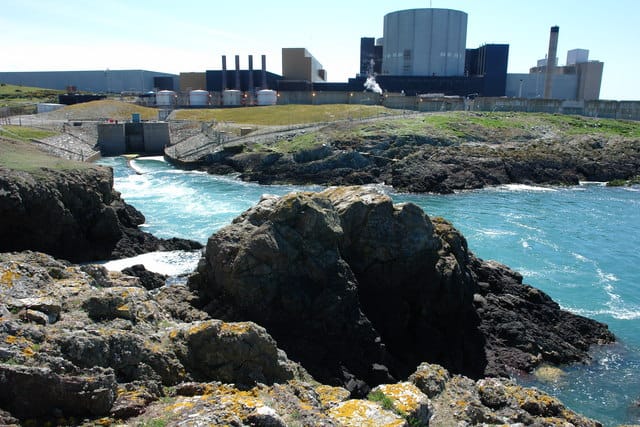Hitachi pulls the plug on Wylfa Newydd nuclear dream
In a move that has stunned the local economy, Hitachi has decided to halt its £20 billion nuclear power plant project at Wylfa Newydd in Anglesey, North Wales. Rising construction costs blew up the budget, and after weeks of negotiations with the UK government – which began in June 2018 – the parties could not agree on terms.
The short‑stop job impact
- About 9,000 workers were slated to start on the plant by 2025.
- Nearly 400 staff were expected to be employed directly at the power station.
- Local businesses had been gearing up to join the supply chain, only to see the deal fizzle out.
Local business voices
Debbie Bryce, CEO of the West Cheshire & North Wales Chamber of Commerce, lamented the decision in a statement to LondonLovesBusiness: “This news is devastating for North Wales and the wider region. The project would have brought much needed jobs and investment. Our members have spent time and resources preparing for a supply‑chain role, and they’re disappointed that another major project has fallen through.”
She added, “The Chamber remains committed to supporting Horizon Nuclear Power and pursuing any opportunity to bring the Wylfa project back to life.”
Government stance
Business Secretary Greg Clark had clarified in June that “any deal must represent value for money and be right for UK consumers and taxpayers.” A spokesperson confirmed that, despite intense negotiations, a consensus could not be reached, leading to the current shutdown.
Hitachi’s own words
Chief executive of Horizon Nuclear Power, Duncan Hawthorne, expressed regret, saying, “Despite the best efforts of everyone involved, we couldn’t meet a satisfactory agreement. We will suspend development of Wylfa Newydd and any work related to Oldbury until a solution arises. In the meantime, we’ll scale back but keep the option open to resume later.”
Union perspective
GMB national officer Justin Bowden voiced concern: “Hitachi’s announcement, coming close to the Moorside fiasco, raises a real threat of an energy crisis. With coal stepping out and nuclear aging, Britain must act fast to ensure supply and avoid power cuts or reliance on imported electricity from unpredictable regimes.” He urged that guaranteeing the country’s future energy supply should be a top priority, not a side‑track of Brexit politics.




